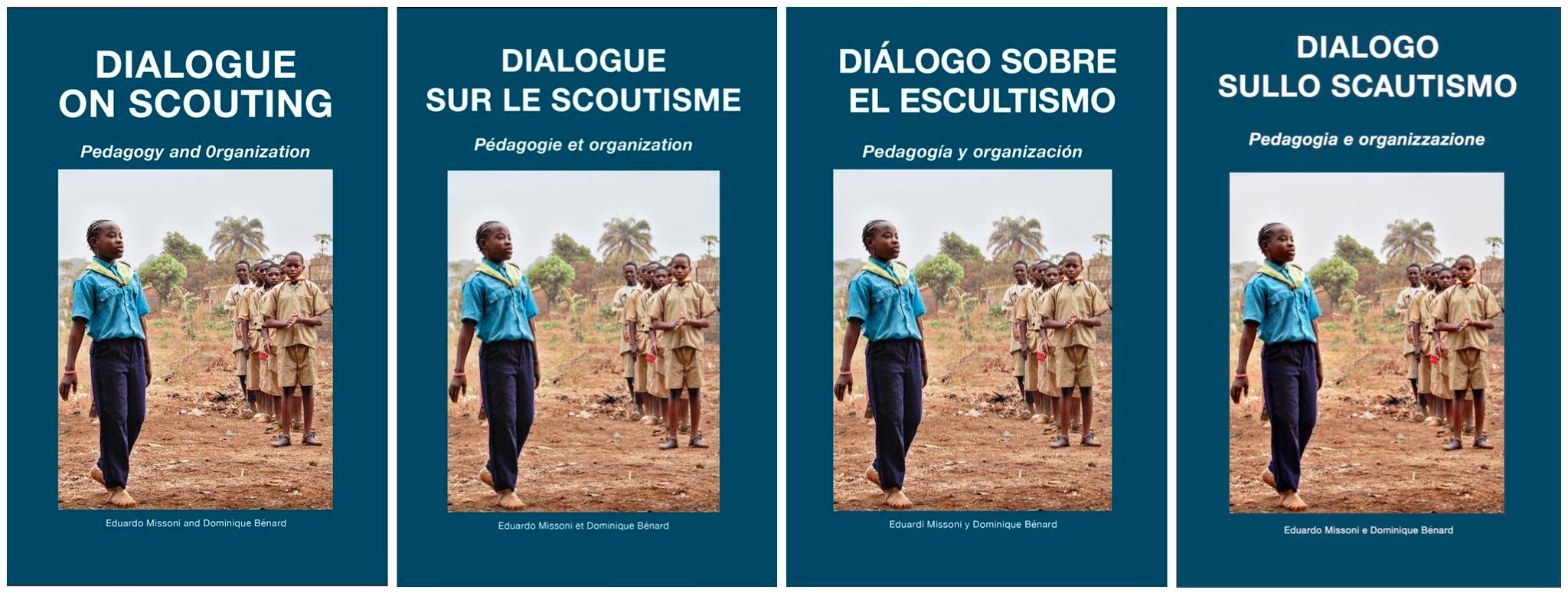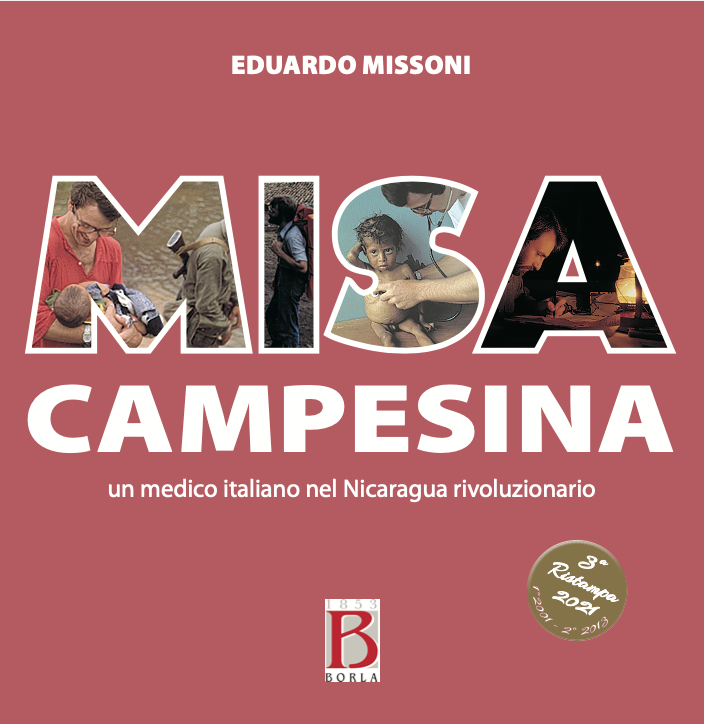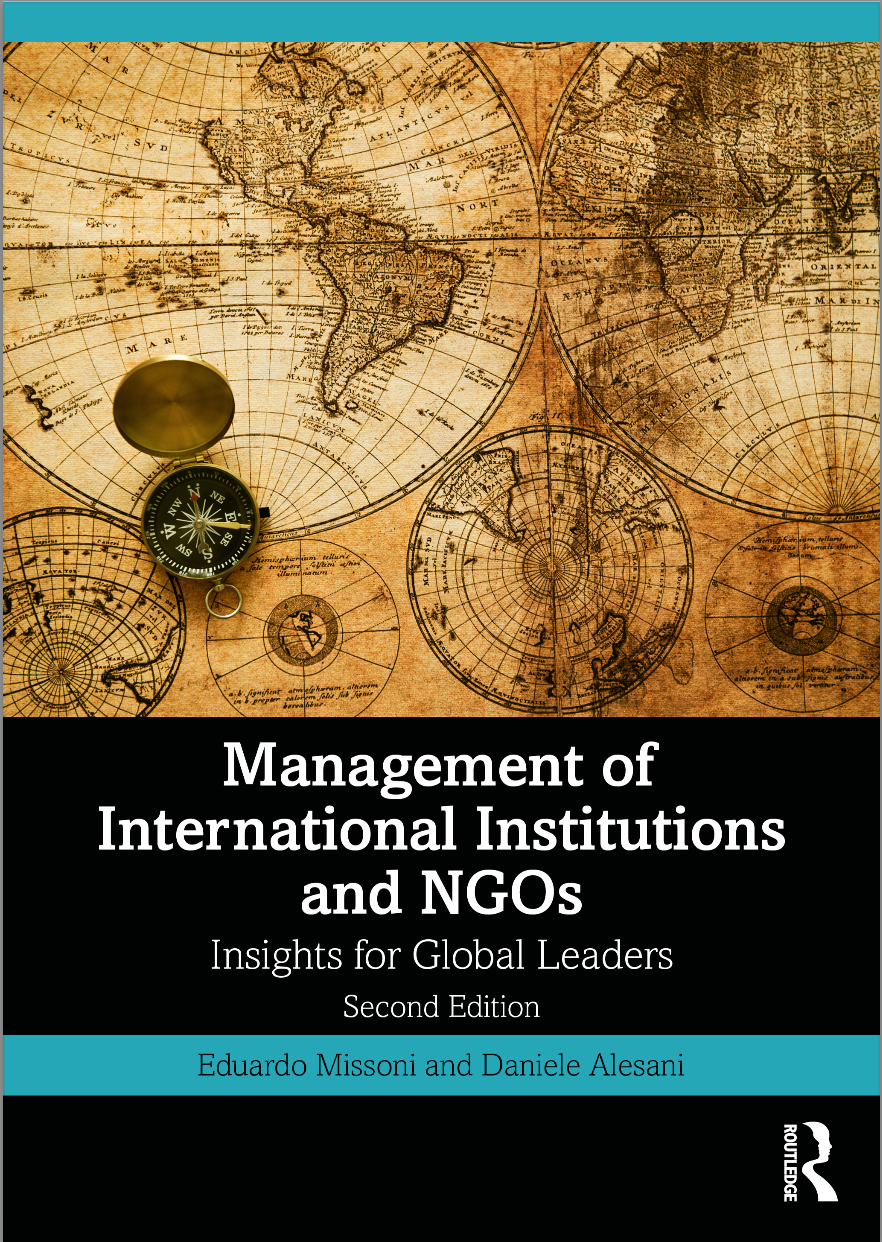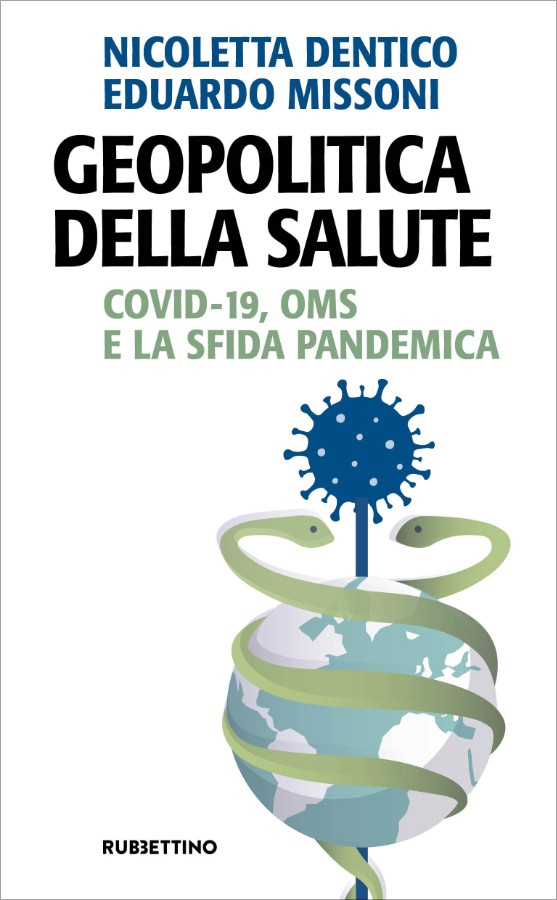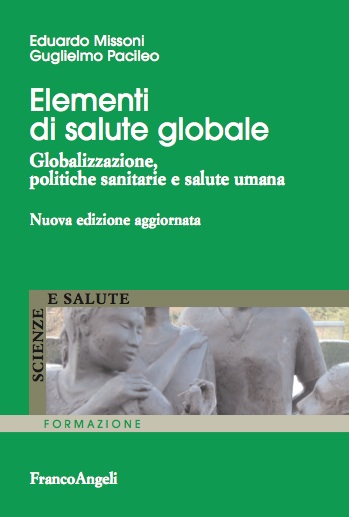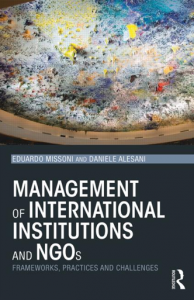 Management of International Institutions and NGOs
Management of International Institutions and NGOs
Frameworks, practices and challenges
By Eduardo Missoni and Daniele Alesani
International Institutions (IIs), International NGOs (INGOs) and Transnational Hybrid Organizations (THOs) play a hugely important role in the modern world economy. Despite having been studied by scholars from a range of disciplines, these organizations have never before been approached from a management perspective. This ambitious book analyzes the management challenges associated with international cooperation and sheds light on how these organizations have evolved as the political, economic and business environments have changed around them.
Covering an admirably broad canvas, the authors pursue two main objectives. Firstly, they explore the main management frameworks developed in the context of the corporate and national public/non-profit organizations and adapt them to the specificity of IIs and INGOs. This leads to the identification of a “tailored” approach to IO management based on their institutional and operational settings, stakeholder groups, core business, staff profile, and financial arrangements. Secondly, they “bring theory into practice” by linking frameworks to several case studies and best practices of organizations currently experimenting with management systems and tools, with case studies including the World Bank and the Gates Foundation.
This comprehensive textbook is a must-own resource for students and academics involved with studying and working with international organizations.
“A welcome one-stop shop to unveil the complex organizational variations generated in the last decades among IIs and NGOs and their impact in addressing the ultimate goal of a more peaceful, just and sustainable world for all.”
Mirta Roses Periago, Former PAHO/WHO Director

